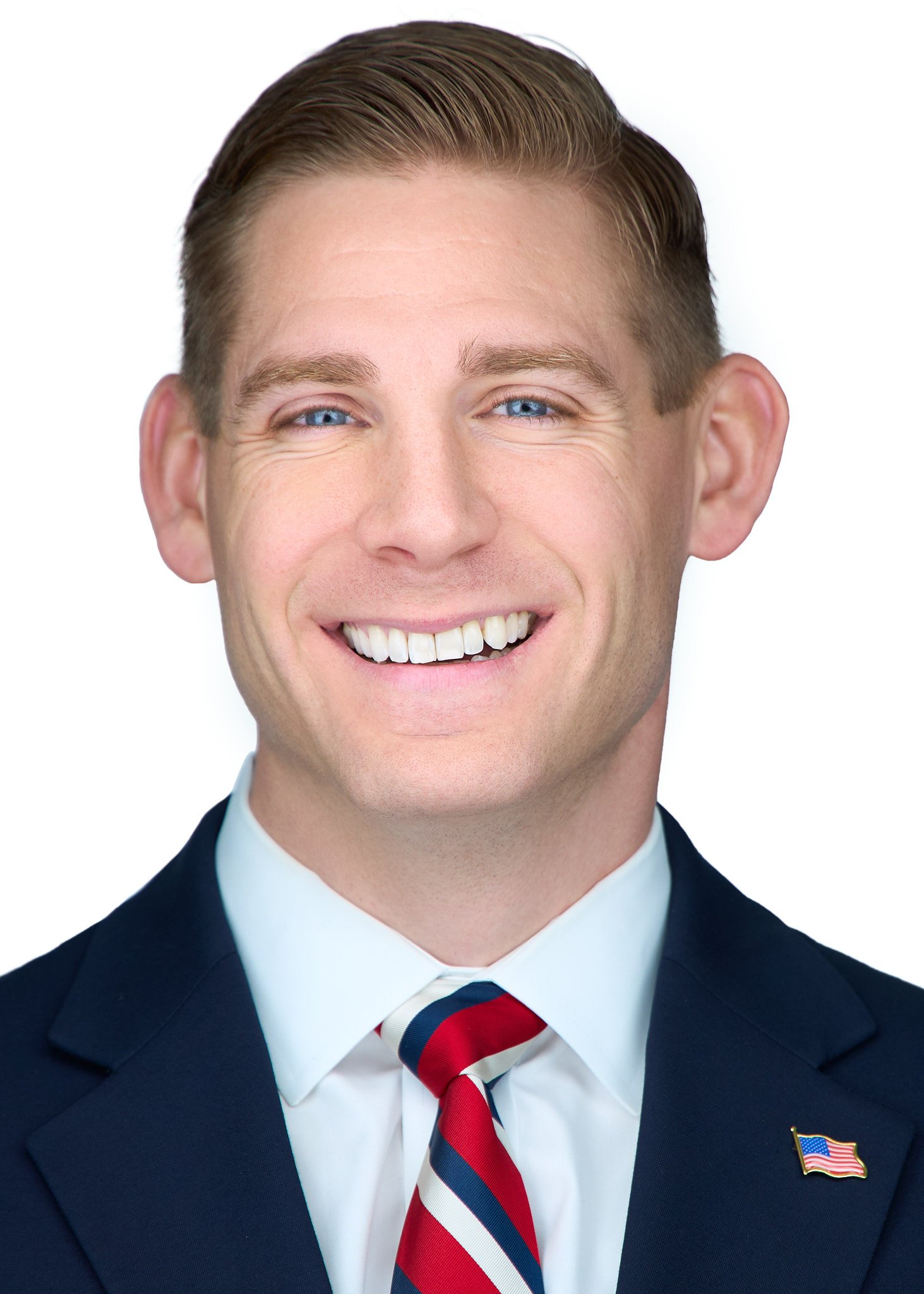Tyler Faris
SUCCESS STORIES > HACKING FOR DEFENSE
Tyler Faris
Carnegie Mellon University, Fall 2023
Team F24, Streamlining Aircraft Refueling for Faster Turnaround Times
About Tyler
Tyler is an active-duty naval aviator and is completing his Master of Science in Public Policy & Management Program at Carnegie Mellon University.
Tyler’s team tackled Wheeler Army Airfield’s problem of how to better track and optimize fuel usage in order to reduce aircraft turnaround time. This problem resonated deeply with Tyler, who experienced the challenge of needing to wait for refueling firsthand during his time as an aviator. Based on feedback from beneficiaries during the course, the team discovered that the most pressing issue was actually a communication issue between fuelers and pilots rather than a fuel availability issue. To address this, the team built a program through Google that allows helicopter pilots to easily request refueling from 92F, and for 92F to easily track incoming requests. The sponsoring organization plans to implement a two-week trial of the MVP.
Interview
Q: What attracted you to the class?
A: In my aviation career, I observed a little bit of lack of innovation and acceptance to change. And so when I saw a class that was focused on working with Department of Defense partners to bring about new ideas, new projects, and change for the better, I thought this could be a really great set of skills to take back to my fellow service members.
I’ve observed that our civilian counterparts are generally more forward-leaning than the military. I think there are pros and cons to that mindset. For example, pilots practice something over and over as pilots which enables us to get really good at it, and there is a risk that people get really kind of complacent in what they know, and they struggle when huge changes, like changes in aircraft, are necessary. And I think they're a little bit resistant to trying new technologies sometimes, even though that's sort of the way of the future. It's a paradox, and I believed this class would be a great way to kind of explore that paradox in an academic setting without actually having to “force learn” it as we do many things when we're actually in the fleet.
Q: What value do you feel you got from taking this course?
A: I feel that the fresh, innovative methodologies, especially the Lean-based H4D process that we learned in this class will be really beneficial to active members who are currently serving, and I intend to bring them back to my units.
It took me a couple of weeks to learn the Army’s verbology and acronyms, which is a whole other language. But since I'm already used to the military's extensive use of acronyms and whatnot, I was less intimidated by asking what “such and such" means than the civilian team members who were struggling with what they should and shouldn’t know. And I just told them, ‘Hey, just ask.’ Even if you think you should know it, just ask them what it means, because the earlier we can break down those barriers, the sooner we can get to work on this. What shines through as a core fundamental of the class is to just ask the questions to the users frequently, early, and often. This mindset helped us get to what the problem sponsor wanted, quickly. I think that's one of my takeaways from this iterative process of the lean methodologies.

